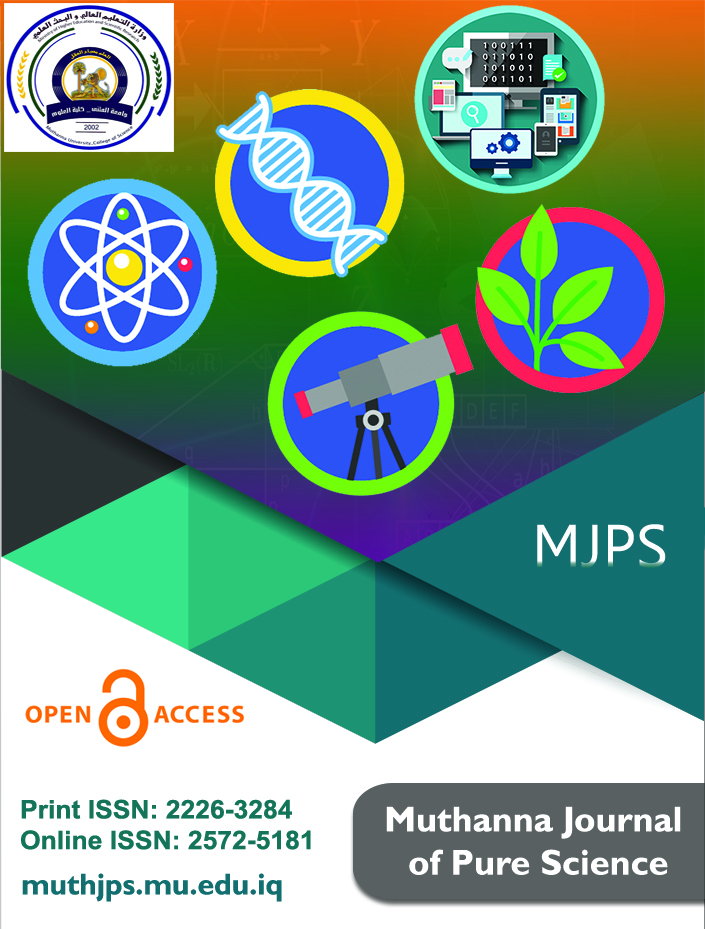AbstractKey wordsDOI
Escherichia coli may be utilized to decrease some of the contaminants in wastewater from the Al Muthanna wastewater treatment plant’s final sedimentation basins, according to the results of the current research. Using chromogenic urinary tract infection (UTI) agar to create dark blue colonies, bacteria were isolated from the intended area and identified. Escherichia coli was used in the experiment, which was carried out in a lab setting, and it was put to contaminated water that had previously been autoclave-sterilized. Following the incubation of sterile contaminated water and bacteria in the incubator under optimal circumstances, various physical and chemical variables were measured to indicate its potential to eliminate certain pollutants. The findings indicated that the pH had a minor tendency toward alkalinity and that the salinity, nitrates, electrical conductivity, and total alkalinity were all low. On the other hand, the bacteria were very effective in lowering phosphate, calcium, magnesium, and overall hardness. After treatment, the readings of ammonia raised. The results demonstrated how well bacteria work to lower copper and zinc levels in treated water. During the course of the treatment, while the bacteria showed no efficacy in lowering iron levels.
Biological treatment, wastewater, E.coli, heavy metals.
1Collage of science, Department of biology, Al-Muthanna University, Iraq.
, *Corresponding author: scibio.zahraaalij@mu.edu.iq
Received 27 Aug. 2024, Accepted 1 Oct. 2024, published 30 Dec. 2024.
Download full article

